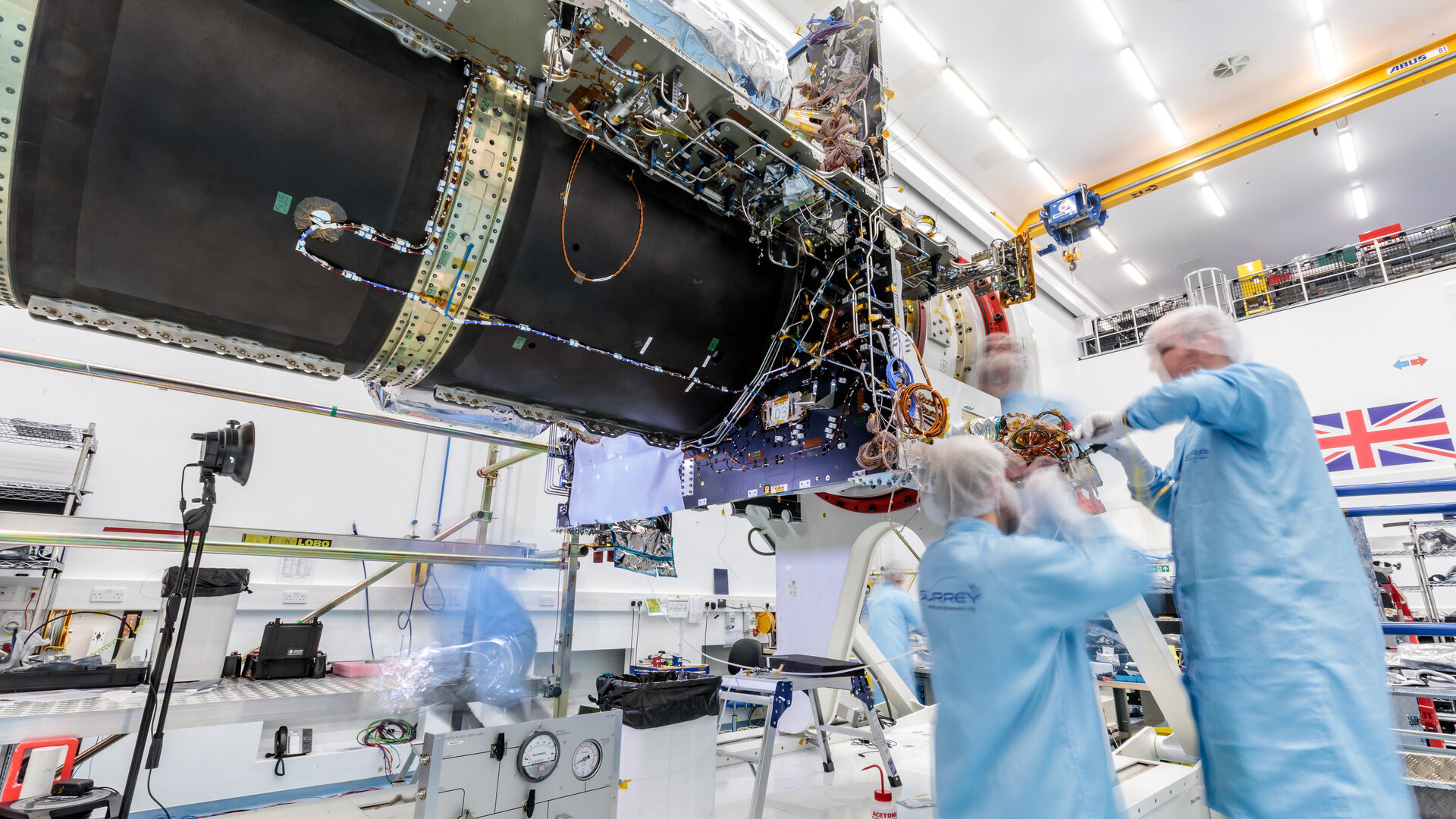UK enjoys commercial success with ESA
The space industry in the UK is experiencing strong growth thanks to its high levels of innovation and its membership of ESA, according to Magali Vaissiere, Director of Telecommunications and Integrated Applications at the agency.
However fierce competition from outside Europe – in particular, the US and China – combined with the rise of smaller, agile firms offering space services means that the UK must work hard to ensure its continued success.
The global satellite industry is worth over $275 billion – more than tech giants such as Apple, Amazon and Google – but with great potential for further growth, she told delegates at the Westminster Business Forum’s policy conference on the UK space sector and the future for international collaboration on 31 October.
The market is highly competitive and keeps growing, thereby improving life for British people, creating highly skilled jobs and generating prosperity, Vaissiere said.
The UK has remained competitive in the worldwide telecommunications market through several pioneering initiatives, she added.
The country has participated in ESA public-private partnerships that enable greater risk-sharing to deliver innovative technologies. The first satellite capable of being completely reprogrammed after launch, Eutelsat Quantum (pictured), was built by Surrey Satellite Technology Ltd as part of a partnership between satellite operator Eutelsat and ESA.
Moreover the nation has excelled at developing commercial opportunities using space-generated information. For example, Harwell-based Spottitt uses satellite imagery and analytics to monitor whatever its clients wish to observe. It makes customised searches of data catalogues to create images that can be used to inform decisions about topics such as building infrastructure.
And British firms have even used space-based technologies to develop medical treatments on Earth, such as an X-ray machine which uses stargazing technology to generate crystal clear images to detect the early signs of cancer, developed by Oxford-based Adaptix.
Vaissiere said: “There is an almost unlimited set of new applications and services enabled by space.
“Our programme of Advanced Research in Telecommunications Systems (ARTES) is dedicated to the support of industry’s global competitiveness. It is flexible and can provide the most appropriate support to any company, be it a start-up, a small or medium-sized enterprise or a large manufacturer. Several independent studies of its socio-economic benefits have demonstrated its positive impact.
“The UK is a great example of how ESA supports European industry’s competitiveness on the global market – indeed, ESA judges its own success by the success of European industry.”


